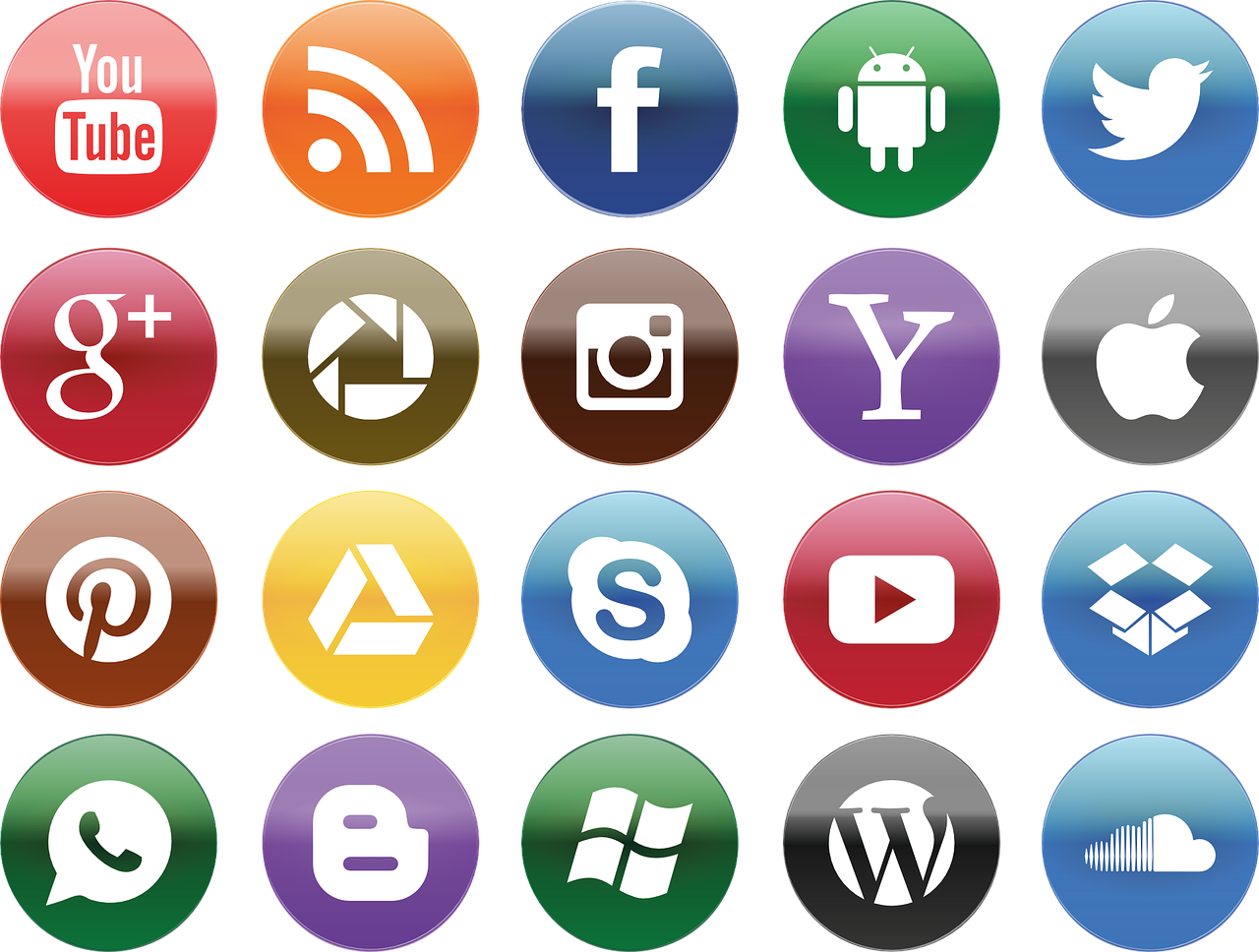Social Media Linked to Rise in Mental Health Disorders in Teens, Survey Finds

Mental health issues have risen significantly over the last decade and the rise of digital media may be one reason why, according to a national survey released on March 14.
The research, published by the American Psychological Association, found sharp increases in the number of young adults and adolescents who reported experiencing negative psychological symptoms — specifically in those born in 1995 or later, known as iGen. Coincidentally, the greatest spike in symptoms occurred in 2011, around the same time social media bursts onto the scene.
The questionnaire did not ask participants if they were diagnosed with depression or another mental condition, but instead asked individuals if they had experienced depressive symptoms in the past year. The rate of individuals reporting symptoms consistent with major depression in the last 12 months increased 52 percent in adolescents from 2005 to 2017 and 63 percent in young adults age 18 to 25 from 2009 to 2017, the researchers found. There was also a 71 percent increase in young adults experiencing serious psychological distress in the previous 30 days from 2008 to 2017.
And the rate of young adults with suicidal thoughts or other suicide-related outcomes increased a staggering 47 percent from 2008 to 2017.
One reason for the increase may be that digital media use has had a bigger impact on teens and young adults than older adults who tend to have more stable social lives.
“Cultural trends in the last 10 years may have had a larger effect on mood disorders and suicide-related outcomes among younger generations compared with older generations,” said Twenge.
Excerpted from “Social media linked to rise in mental health disorders in teens, survey finds” on NBC News online. Read the full story.



